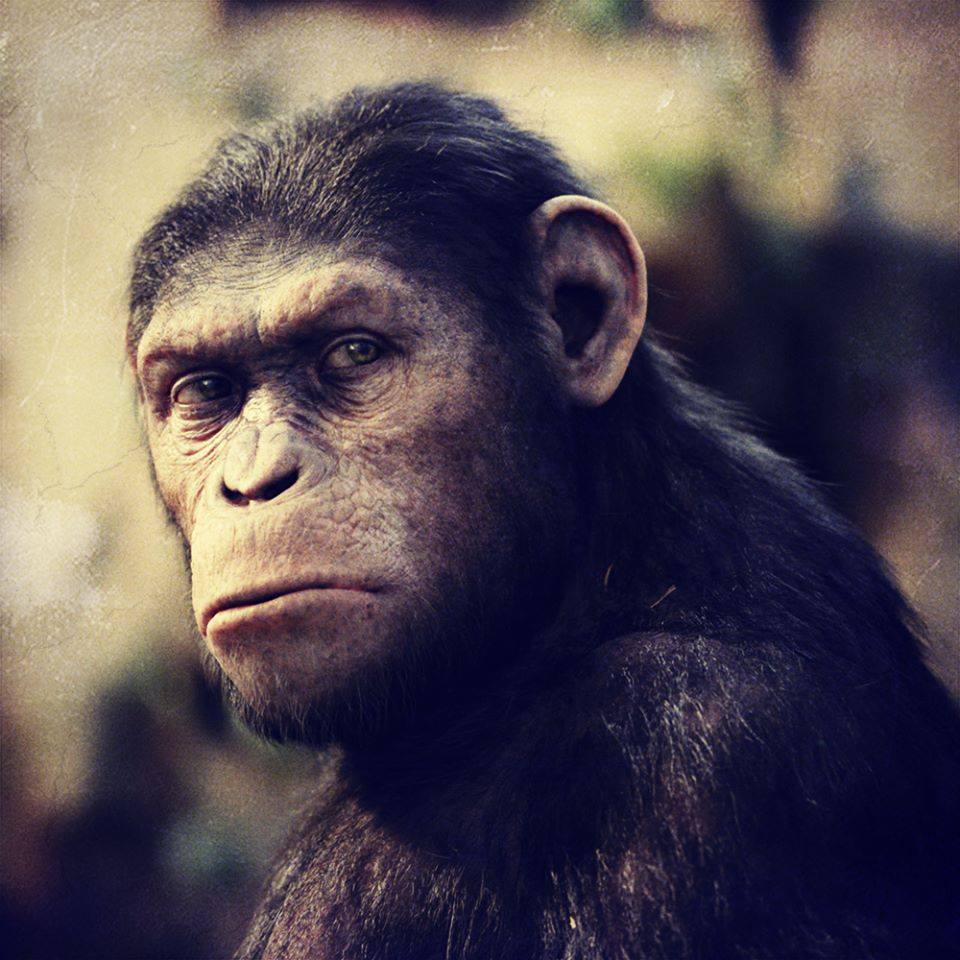Stories would barely exist without threat and survival. Think about any movie, TV show, book, comic or the like. Boil it down to its dramatic essence. What do we get? Threat and survival. Someone or something attempting to survive a threat, or threats, from someone or something.
Consider some of 2014’s most successful films. The Lego Movie? A villain threatens the Lego way of life. Godzilla? Giant monsters threaten each other – and humanity. The Fault In Our Stars? Disease threatens young love.
 Recent sequels to Captain America, Spider-Man and X-Men rely upon threat and survival. The latter offers this year’s best superhero example; throughout the X-Men franchise, its tales of surviving threats have projected deeper meaning. Carried over from their comic-book roots, X-Men films pulsate with real-life issues including power, control and the fear of others. X-Men: Days Of Future Past again depicts “mutant” humans fighting against each other – and “normal” humans. To see who will survive – and rule everybody.
Recent sequels to Captain America, Spider-Man and X-Men rely upon threat and survival. The latter offers this year’s best superhero example; throughout the X-Men franchise, its tales of surviving threats have projected deeper meaning. Carried over from their comic-book roots, X-Men films pulsate with real-life issues including power, control and the fear of others. X-Men: Days Of Future Past again depicts “mutant” humans fighting against each other – and “normal” humans. To see who will survive – and rule everybody.
Survival of the dominant species also is the lifeblood of new release Dawn Of The Planet Of The Apes. Monkeying about in 3D, Dawn picks up where predecessor Rise Of The Planet Of The Apes finished. In case the titles don’t paint a clear picture, Rise and Dawn chart how our world comes to be ruled by enhanced apes. Dawn’s escalating warfare between humans and their hairier “inferiors”, is setting the scene for the society already revealed by 1968’s Planet Of The Apes.
While inviting debate about the theory of evolution, Dawn and Days Of Future Past welcome other serious discussions. Such as why do threats to our survival have a habit of sparking quests for dominance, not tolerance. Control, not co-operation.
Both films have characters who endorse the loving of enemies, turning of cheeks, and doing of good to the “other”. But fear mongering shoots down such peace-making advice. Rather than rival groups aiming to share and serve, prejudice and hatred fuel the lust for power. Triumph delivers the right to rule, not unite.
Human history is awash with similar scenarios, contested along racial, religious and gender lines. For most of us, though, survival of threats has nothing to do with genocide or “holy” war. We’re just trying to battle everyday life. If we have power over anything, it’s one tiny corner of a world fragmented by millions of power plays, personal threats and survivor moments. Even then, we hardly rule. More like fight to maintain the appearance of control.
Still, our small instances of surviving everyday threats share the DNA of what Dawn and Days Of Future Past tap into. We do want to win. Eliminate threats and retain power. Everyone else can do the same, to protect what’s theirs. But if everyone seeks supremacy, what happens? Destruction. The species warfare in Dawn and X-Men might be exaggerated, but the consequences of selfish survival only lead in one direction. Not the direction indicated by a crucified religious ruler who called every member of society to serve each other. That unorthodox display of power is a survival tactic the world remains threatened by.
Email This Story
Why not send this to a friend?
